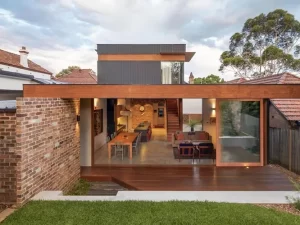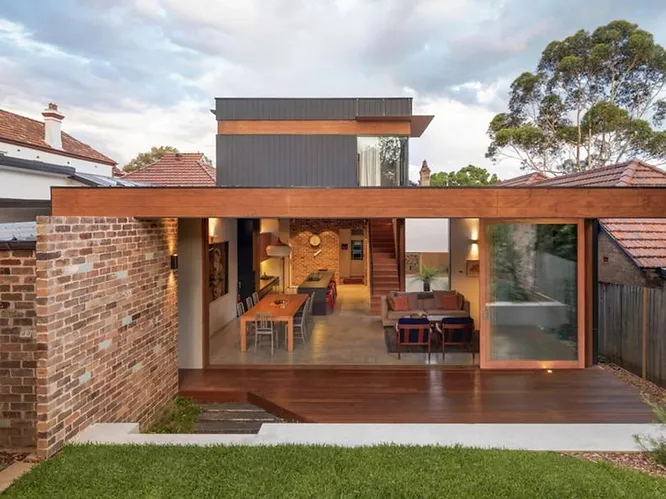Sustainable home design has become increasingly popular in recent years as people become more conscious of their impact on the environment. One of the key aspects of sustainable design is the use of eco-friendly materials that are renewable, non-toxic, and energy-efficient. Here are some of the best materials for sustainable home design.

Bamboo
Bamboo is a highly renewable resource that grows quickly and requires no pesticides or fertilizers. It is also strong and durable, making it a popular material for flooring, furniture, and even building structures.
Cork
Cork is another renewable material that is harvested from the bark of cork oak trees. It is highly durable, water-resistant, and has excellent insulation properties, making it a great choice for flooring and wall coverings.
Reclaimed Wood
Using reclaimed wood is a sustainable way to incorporate natural materials into your home design. Reclaimed wood comes from old buildings, barns, and other structures, and is often repurposed into furniture or decorative pieces.
Recycled Glass
Recycled glass is made from post-consumer waste, such as old bottles and jars. It is a versatile material that can be used for countertops, tiles, and even decorative accents.
Hempcrete
Hempcrete is a mixture of hemp fiber and lime that is used as a building material. It is lightweight, strong, and has excellent insulation properties, making it a popular choice for eco-friendly homes.
Wool Insulation
Wool insulation is a natural alternative to traditional fiberglass insulation. It is made from sheep’s wool, which is renewable and biodegradable. Wool insulation is also highly effective at regulating temperature and reducing energy costs.
Recycled Steel
Recycled steel is made from scrap metal and is an eco-friendly alternative to traditional steel. It is strong, durable, and can be used for everything from structural beams to decorative accents.
Low VOC Paint
Volatile organic compounds (VOCs) are chemicals found in many traditional paints that can have negative effects on air quality and human health. Low VOC paint is a sustainable alternative that is made with fewer harmful chemicals and is better for both the environment and your health.
In conclusion, sustainable home design is an important consideration for those looking to reduce their impact on the environment. By using eco-friendly materials such as bamboo, cork, reclaimed wood, recycled glass, hempcrete, wool insulation, recycled steel, and low VOC paint, you can create a home that is not only beautiful and functional but also environmentally responsible. Incorporating these materials into your home design will not only benefit the planet, but also create a healthier and more sustainable living space for you and your family.

